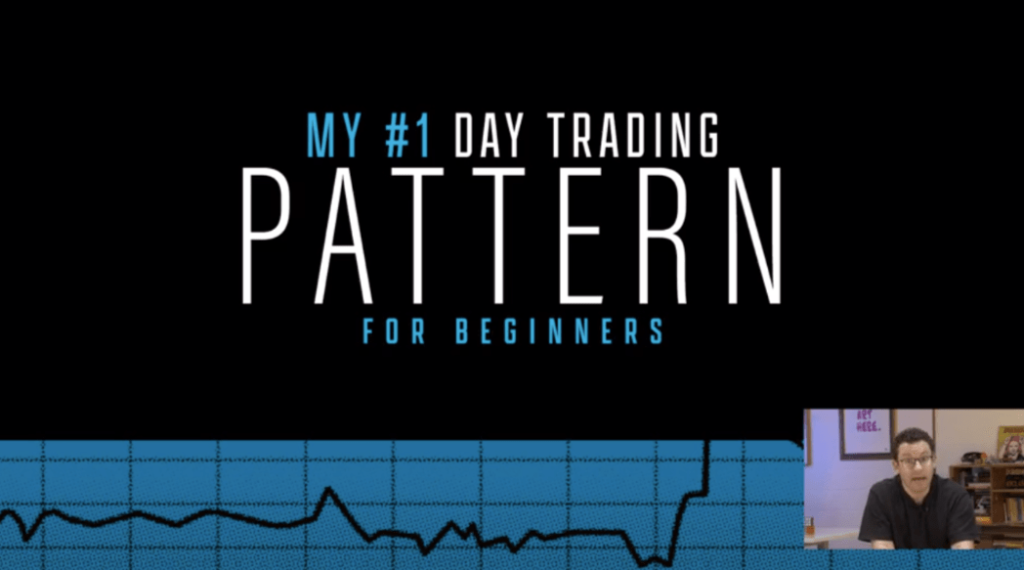There’s an age-old debate in the stock market … Which is the better strategy, swing trading or day trading?
First, let’s define the two terms…
Swing trading is when you enter a position and hold it for several days, weeks, or months. This strategy is excellent if you’re confident in the mid-term direction of a stock, but not sure if the move will happen immediately or not.
In contrast, day trading is when you buy and sell a stock (or options contract) on the same day — an ideal game plan for scalping quick, intraday moves.
One chart may be perfect for day trading while another is primed for a multi-day swing. The best traders know when to deploy each strategy based on their fundamental and technical analysis.
Personally, I lean much more toward day trading. If you look at my trades on Profit.ly, I rarely hold anything for more than 24 hours.
But that’s because, over 10+ years as a professional trader, I’ve realized the strategy that works for me. But it won’t necessarily work for you. Every trader is different.
With that in mind, let’s dive deeper into the pros and cons of swing trading vs. day trading.
After today, you should be able to decide whether you prefer swing trading or day trading. Then, you can develop a game plan that works for your specific personality, account size, and risk tolerance.
Keep reading and I’ll show you…
The Pros and Cons of Swing Trading
Before we go any further, let’s think about the pros and cons of swing trading…
Pros
- Less monitoring. Unlike day trades, you don’t need to monitor swing trades every moment of every day. This makes swing trading understandably attractive to part-time traders with day jobs.
- Slower pace. Day trading moves at a rapid-fire pace. If you blink, you could miss your entry or exit. This is why swing trading, which moves at a slower speed, is often more forgiving to less experienced traders.
- More time to hit your price target. Swing trading gives you more leeway time-wise, which is especially critical for options traders to consider. If you buy contracts with an expiration date a month out, you have a statistically better chance of those contracts expiring in the money than if you buy contracts that expire this Friday.
Cons
Stressing about overnight events. While scalping day trades can be stressful, holding swings can be equally hair-raising. After all, anything could happen overnight. I’d usually rather close my positions out before the close and not have to worry about what headline events occur overnight (or over the weekend).
- The temptation to hold. If you’re in a day trade and you hit your price target, you’ll probably get out near the right time. But in a swing trade, the temptation to hold past your price target can be palpable. Don’t let it get to you … always exit near your target.
- Expensive options contracts. For options traders, swing trading usually means buying monthly contracts, which will cost you considerably more in upfront premium than day-trading weeklies. You’ve gotta keep this in mind if you’re trading a small account.
And speaking of day-trading weeklies…
The Pros and Cons of Day Trading
Now, let’s break down the pros and cons of day trading…
Pros
- Sleep better. When the market’s as choppy as it is currently, the price action can shift on a dime. Why carry the burden of wondering what’s gonna happen in the premarket, after hours, or over the weekend … when you could close your positions out and sleep like a baby?
- Avoid bag-holding. Day trading allows you to get in and out of your positions quickly. On the contrary … If you’re holding a swing and the market goes into a more severe downturn, you’re trapped in a hold-and-hope scenario. Who wants that?
- Massive potential upside. If you’re day-trading options, you’re probably doing it with weekly contracts, which have potential 100%-1000% upside if you nail your scalps!
Cons
- Massive potential downside. What comes with the possibility of huge rewards? You guessed it … the possibility of brutal losses. (WARNING: Weekly options contracts can drop 30%-50% in minutes!) This is how the stock market works … the more risk you take and the more potential rewards you can make. It’s up to you to figure out the risk/reward relationship that works with your strategy.
- Your timing must be perfect. If you miss the perfect entry on a swing trade by a couple of days, it’s not gonna make or break your position. But if you miss a day trade entry by mere seconds, your entire play could go up in flames. This is why day trading options should be reserved for the most experienced scalpers. If you’re just starting out, keep your sizing small and cut any losses immediately. And remember … timing is everything.
- Guessing games don’t work. Tempted to look at an ugly market as a massive dip-buy opportunity? News flash: nobody can ever know the top or bottom. Day trading with guessing games can blow up accounts…
Final Thoughts
While I’m more of a day trader at heart, I also put swing trades on from time to time.
Some setups are primed for day trading, others for swing trading.
Ultimately, I think it’s less about choosing one or the other and more about knowing when to employ each strategy.


